In this piece, we’re diving into the world of engineering, touching on areas from crafting enduring cities to exploring the cosmos with aerospace endeavours.
Expect insights on how advancements in renewable energy are reshaping power generation and a look into manufacturing processes where efficiency meets innovation. In transportation and nuclear energy, engineers confront obstacles head-on, underscoring their pivotal contribution to enhancing safety and promoting sustainability worldwide.
- Transforming the world through civil engineering
- Innovations in Building Information Modelling (BIM)
- Sustainable infrastructure design
- Revolutionising energy with engineering innovation
- Innovations in renewable energy projects
- Tackling challenges head-on with advanced power systems
- Enhancing logistics and transportation through engineering
- The role of wireless technologies
- Pioneering nuclear engineering solutions
- Advancements in waste management techniques
- Innovative power generation technologies
- Innovations in manufacturing processes
- Automation robotics
- Additive manufacturing
- Digitalisation for increased efficiency
- FAQs in relation to engineering
- What are the 4 main types of engineering?
- What exactly do engineers do?
- What GCSEs do you need for engineering?
1. Transforming the world through engineering
Engineers are at the heart of creating and building the essential structures we rely on every day. From towering skyscrapers to expansive bridges, their work is foundational to modern society.
Innovations in Building Information Modelling (BIM)
The advent of BIM technology has revolutionised project planning and execution within civil engineering. This digital representation allows for more accurate design solutions, streamlining regulatory compliance and enhancing collaboration among stakeholders.
BIM’s ability to weave together information from various stages of a project enriches the decision-making journey. For instance, it helps identify potential conflicts before construction starts, saving time and resources. Learn more about how BIM is changing the landscape of civil engineering here >.
Sustainable infrastructure design
Eco-friendly designs are at the forefront of modern civil engineering projects as professionals strive to create resilient structures that stand up against climate change while minimising environmental impact.
This approach involves selecting sustainable raw materials and implementing innovative techniques like green roofing or rainwater harvesting systems in urban landscapes. These strategies contribute significantly towards achieving clean water goals by reducing runoff pollution and improving water quality.
Engineers are essential players in addressing global challenges through smart infrastructure development. They harness cutting-edge technologies alongside core engineering principles to build a world that balances human needs with planetary health.
2. Revolutionising energy with engineering innovation
Engineers are key players in reshaping how we produce and distribute electricity, how we make the most of renewable energy initiatives and sophisticated electrical frameworks.
Innovations in renewable energy projects
Engineers are now crafting and executing strategies that tap into wind, solar and hydro resources with unprecedented efficacy. These renewable energy infrastructure projects contribute to reducing carbon emissions, providing sustainable alternatives to traditional fossil fuels. The integration of cutting-edge technologies such as AI for predictive maintenance ensures these systems operate at peak efficiency, marking a significant leap forward in our clean energy goals.
Innovative approaches to storage technologies allow us to overcome one of the biggest challenges facing renewables: variability. Crafting batteries that can hold vast quantities of power for times when demand dips, a steady flow is secured even in less-than-optimal generating conditions.
Tackling challenges head-on with advanced power systems
Engineers strive to strengthen power systems by designing complex grid frameworks, seamlessly integrating diverse energy sources while balancing fluctuating consumption demands. This involves using smart grid technologies and real-time data analytics to optimise distribution control, crucial for enhancing sustainability in urban areas with high consumption rates.
These advancements signify a collaborative effort among professionals from various disciplines – electrical engineering, mechanical engineering, marine engineering and others – towards common objectives: sustainability, efficiency and safety in light of climate change, environmental degradation and global resource scarcity concerns. Their combined expertise drives transformative changes, establishing them as global leaders in pushing the boundaries of possibility in the modern era.
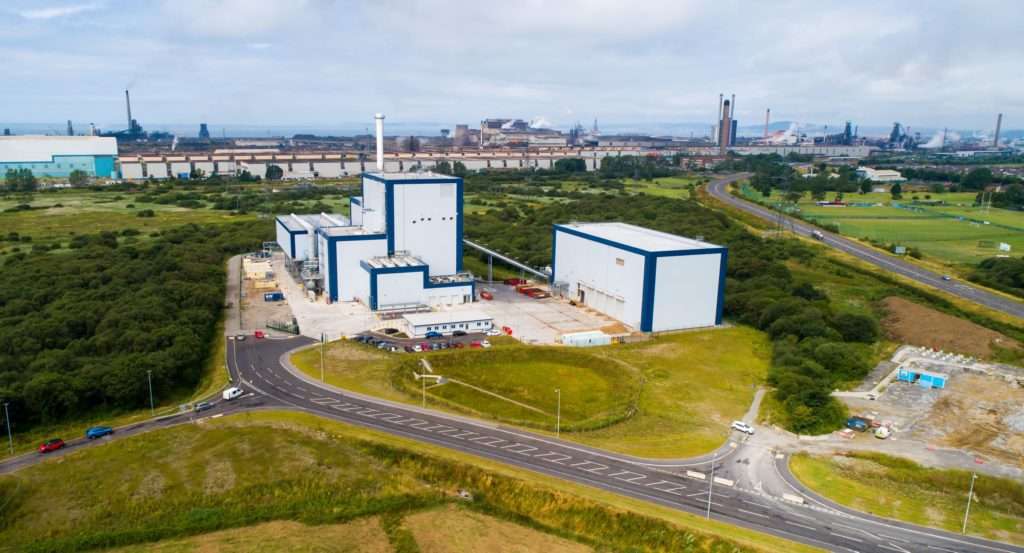
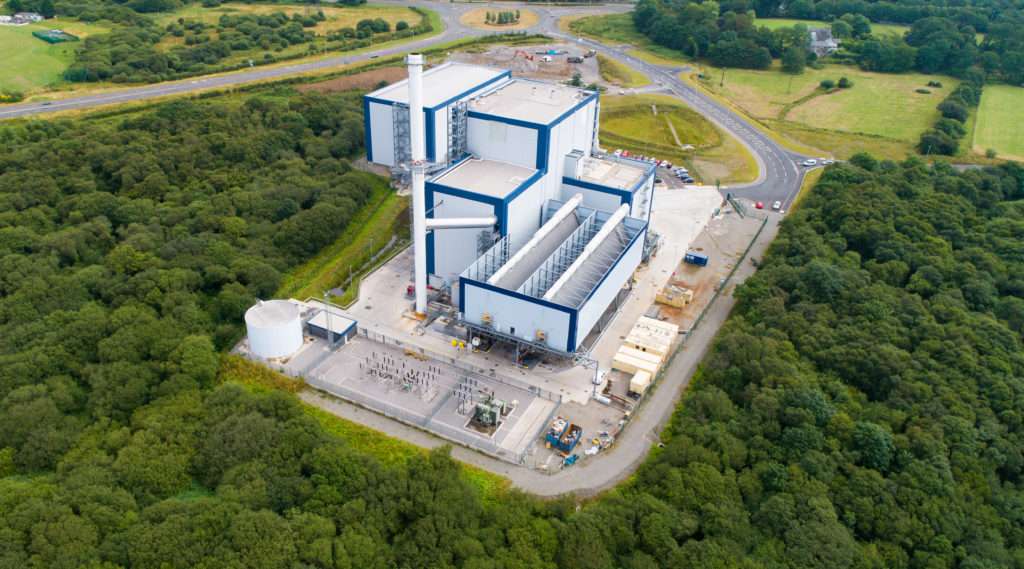
3. Enhancing logistics and transportation through engineering
Engineering innovations are reshaping the way we manage and move goods, fundamentally altering the landscape of logistics and transportation. This shift isn’t solely focused on speed, but rather on weaving in cutting-edge tech to achieve unmatched levels of efficiency.
The role of wireless technologies
Wireless technologies are now vital in logistics, allowing for instant merchandise monitoring and quick decision-making. This enhances supply chain transparency, reducing delays and boosting customer satisfaction. Engineers have developed intricate systems tailored to modern logistics needs, using advanced wireless standards to ensure seamless global data flow. Wireless tech enables predictive maintenance and route optimisation, reducing vehicle downtime and resource wastage in competitive markets.
The collaboration between engineering and logistics presents constant innovation opportunities. Engineers’ role on the global stage is set to expand further, promising an exciting future.

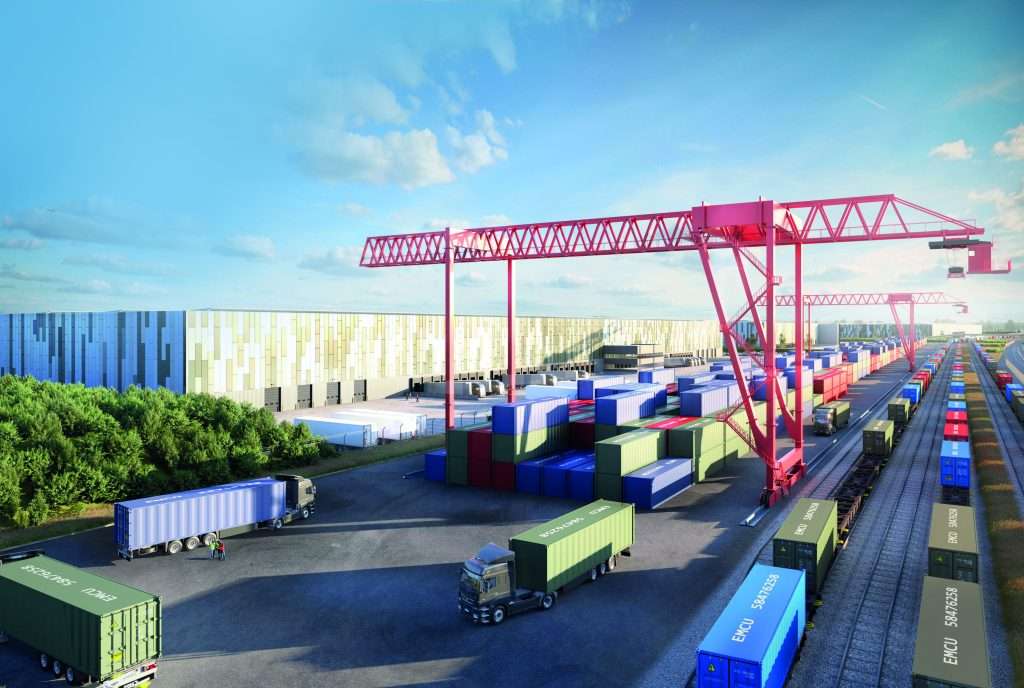
4. Pioneering nuclear engineering solutions
Nuclear engineers play a crucial role in enhancing nuclear safety and advancing power generation techniques. Their work ensures the sustainable future of energy by tackling challenges head-on, from waste management to developing new nuclear technologies.
Advancements in waste management techniques
The field has seen significant strides in managing radioactive waste safely. By employing cutting-edge methods, nuclear engineers minimise environmental impact and protect public health. Innovative strategies extend beyond mere containment, aiming to diminish both the quantity and harmfulness of waste by employing creative processing techniques. One notable technique involves vitrification, where liquid waste is turned into glass – a stable form that significantly reduces the risk of leakage over time.
Innovative power generation technologies
Nuclear engineers are now pushing the boundaries with compact modular reactors and groundbreaking fusion technology, marking a significant evolution in how we generate power. Small Modular Reactors (SMRs) offer flexibility in location and scalability not possible with larger plants, making them an attractive option for regions with less demand or limited space.
Fusion technology remains at the frontier of research but promises nearly limitless clean energy if harnessed successfully. The work done by engineers in this area showcases a relentless pursuit of solutions that could one day revolutionise our energy systems on a global scale.
Consistently, these experts showcase their dedication to eco-friendliness, making sure that progress adheres to strict safety protocols – a strategy pivotal for addressing current necessities and future goals in the nuclear energy sector.
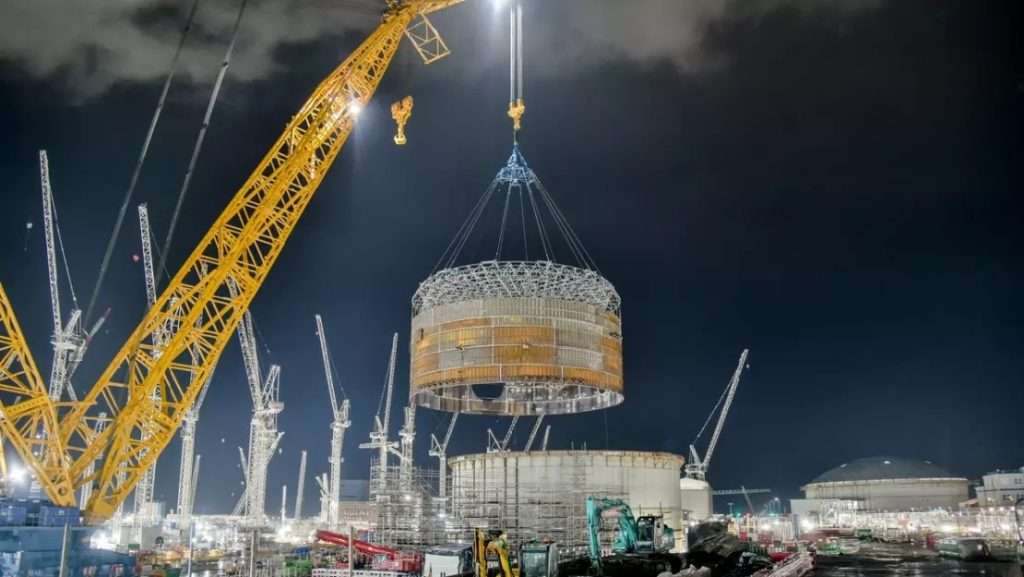
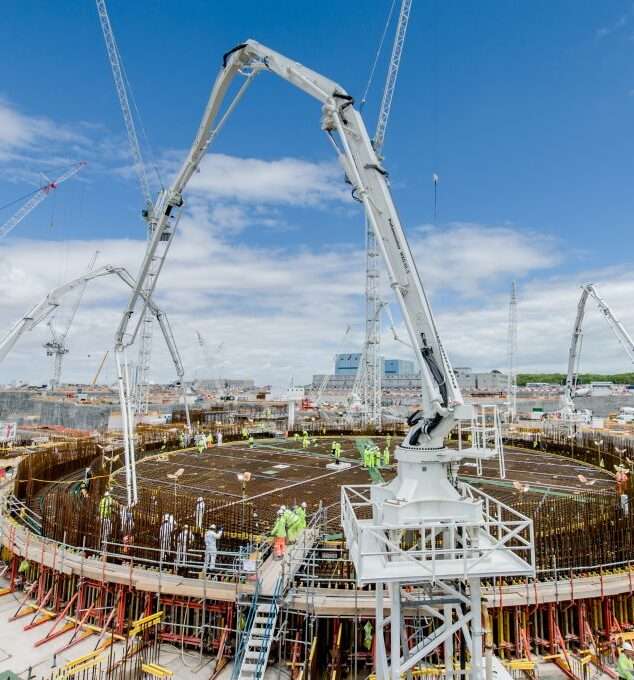
5. Innovations in manufacturing processes
Manufacturing engineering stands at the forefront of transforming production lines, making significant strides through automation, robotics, additive manufacturing and digitalisation. These advancements go beyond simply improving speed; they fundamentally change the concept of product quality and set new standards for industrial technology.
Automation robotics
By weaving automation robotics into the fabric of manufacturing processes, we’re witnessing a transformative shift that’s reshaping the landscape of production. Robots have become indispensable allies in performing repetitive tasks with precision and without fatigue. By stepping in for dangerous jobs, this transformation amplifies output and safeguards employees.
The evolution of robotic systems is underpinned by sophisticated software that allows for greater flexibility and adaptability to different tasks. As a result, manufacturers can respond more swiftly to market changes and customer demands.
Additive manufacturing
Additive manufacturing has emerged as a pillar of innovation within the sector. Crafting items from scratch, additive manufacturing layers raw elements like plastics or metals, unveiling new horizons for intricate designs once thought impossible or too costly through old-school cutting techniques.
By expediting the creation of prototypes and facilitating unparalleled personalisation, this method is revolutionising the approach to manufacturing. It’s transforming how engineers design, produce and deliver products – ushering in a new era where mass customisation could become the norm rather than the exception.
Digitalisation for increased efficiency
Digitalisation weaves through the entirety of today’s manufacturing workflows, touching everything from the first sketch to the last step in getting products out of the door. The adoption of digital strategy tools facilitates better data analysis which, in turn, drives decision-making processes that significantly improve operational efficiencies.
Additionally, technologies such as IoT (Internet of Things) allow for real-time health monitoring and quality control across production lines, ensuring consistent optimal performance levels. This is vital for achieving sustainable practices in industrial environments today.


FAQs in relation to engineering
The big four are chemical, civil, electrical, and mechanical engineering. Each plays a vital role in shaping our world.
Engineers solve problems using maths and science. They design, create and test products and systems to improve our lives.
A To dive into engineering, aim for high marks in Maths and Physics. These subjects form the backbone of most fields.